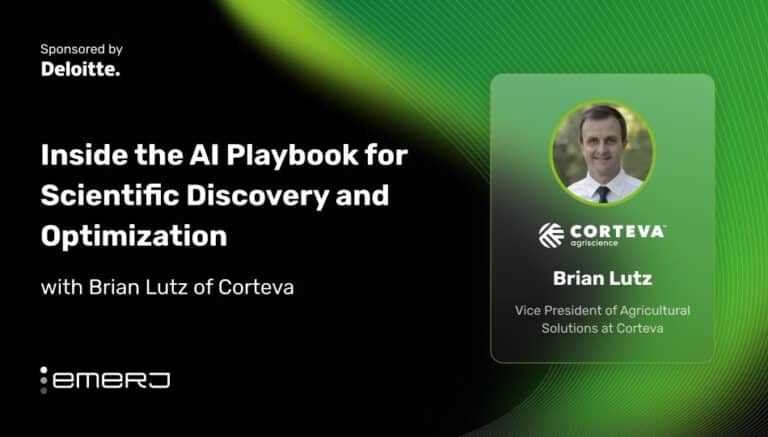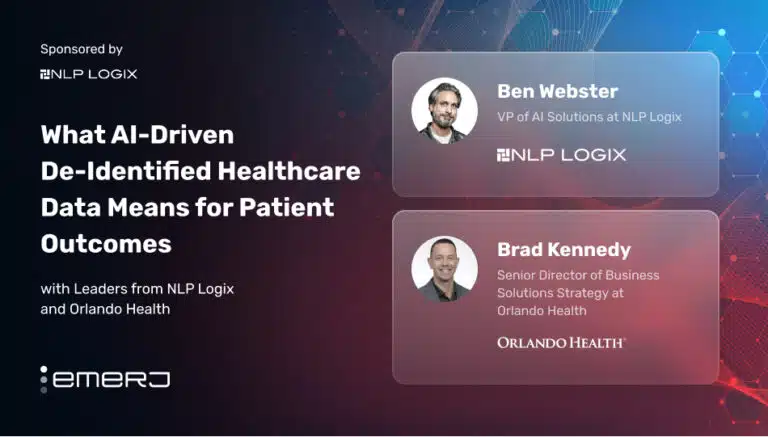The number of persons aged 60 or above is expected to grow from 962 million globally in 2017 to 2.1 billion in 2050 and 3.1 billion in 2100, according to a United Nations report. In the United states alone, the healthcare industry employs over 4.5 million nursing aides and orderlies and home health aides and personal care aides.
With a growing market of elderly people every year and a shortage of skilled labor, governments across the world might be looking to employ elderly care robots to bridge the gap. Though the adoption levels of elderly care robots is still low compared to other service robot market segments, there have been inroads in the industry in terms of elderly care robots equipped with artificial intelligence (AI).
The sections in this article have been structured to answer the following questions:
- What is the prevalence of artificial intelligence being deployed in elder care robots currently? How is artificial intelligence being applied?
- Where is this technology headed in the future in terms of new applications and what progress has been made in this regard?
Elder care robotics is still at an early stage in the overall market lifecycle and thus there are very few real-world implementations of AI currently. There have been questions regarding the acceptance of these products in terms of their societal impact and more specifically on the elderly; drawing on the need for “roboethical principles”.
Applications of AI in elderly care robots can be classified broadly into the following:
- Currently commercialized products are mainly focused on cognitive computing and machine learning to add capabilities to robotic assistants and companions for elderly care.
- Future applications include deep learning, machine learning and computer vision for human pose estimation, learning user behavior patterns and proactive activity suggestions targeted toward mental and physical health of elderly individuals.
Interested readers may also find this sector overview of machine learning in robotics helpful.
Current Applications
ELLI.Q by Intuition Robotics
Intuition robotics, a startup founded in Israel in 2016, launched the ELLI.Q, an “aging companion”. The elder care robot uses machine learning, and computer vision to enable proactive suggestions, entertainment and activities in addition to wellness & environmental monitoring.
For example, the robot can remind human companions to take their medicines or can arrange cabs for them. ELLI.Q can also remind owner’s about appointments (like a cards game at a friend’s house) and prompt suggestions relevant to the current schedule. (in this example, asking the owner if they would like to practice playing cards before their appointment).
Intuition robotics has raised over $20 million in venture funding in 2017, the most recent of which was a $14 million investment from Toyota AI Ventures.
Here’s a short 2 minute video showcasing the products features:
A more detailed live demo of the product at the can be found here.
HASBRO Joy for All Robotic Cat
Toymaker Hasbro’s range of companion robots have existed in the market since 2016. The robots have very limited capabilities with a few built-in sensors responding to motion and touch. In November 2017, scientists at Brown University received a $1 million grant from the National Science Foundation to collaborate with Hasbro, with the objective of adding AI to the “Joy for All” robotic cat targeted at elderly care applications.
The project has been dubbed ARIES (Affordable Robotic Intelligence for Elderly Support) and over the next three years they aim to add AI capabilities to Hasbro’s robotic cat, which could involve machine learning and computer vision, enabling the ARIES companion to identify and keep track of important objects around the house. It could also help the elderly remember important tasks and events, and enhance safety.
The video below from CBS/FOX follows the developments from the collaboration between Hasbro and Brown University:
Future Applications
The Accenture Platform by Accenture Liquid Studio
The Accenture Liquid Studio in London claims to have developed the AI-powered Accenture Platform that can learn user preferences and behaviors and proactively suggest physical and mental activities for people aged 70 and above.
The platform supposedly can help caregivers check on the patient’s daily activities like whether they have taken their medication or added specific requests for caregivers. According to accenture, the platform can also keep track of user-behaviour like sleep timing or routines and can alert caregivers in case of irregularities in these patterns.
A short video about the pilot program that was conducted over a three-month period, August-October 2017, with a focus group of approximately 60 people aged at least 70 years old and living independently:
Human Pose Estimation for Care Robots Using Deep Learning
Human pose detection is a key application for elderly care robots to possess, evidently, for fast responses when accidents or falls occur. The Toyohashi University of Technology, through a research group developed a method to estimate various human poses using deep learning with depth data alone from twin camera systems in elderly care robots. Although, it currently requires a large volume of data to function within acceptable reliability levels, the technology efficiently generates data using computer graphics and motion capture technologies.
Technological, Ethical Hurdles for AI in Elder Care
With elderly care becoming a fast-approaching problem worldwide, specifically Europe and developed Asia, most major robotics research institutes and universities currently are engaging in the home-healthcare space, for example, the Fraunhofer Institute is working on the Care-O-Bot; robotics associations in Japan, China and Korea also have their own elderly care robot projects.
Current AI implementation in elderly care robots, however, is still nascent and before completely substituting human counterparts in tasks, many technological and ethical hurdles still need to be tackled. A report by the UNESCO’s World Commission on the Ethics of Scientific Knowledge and Discovery (COMEST) also states that preservation of human dignity and privacy also fall under the ethically-uncharted territory for robots currently. Some examples of ethically-unclear situations which call for robot constraint mentioned in the report include:
- If an elderly care robot is tasked remind patients to take their medicine, the underlying robot intelligence needs to be aware of what to do in the event of a patient refusing to take medicines. This is especially difficult for current AI platforms since patient may be refusing the medicines for a legitimate reason and on the other hand passive reminders are also impractical because because replacing of a human nurse counterpart is not achieved.
- Another example would be an elder, having high-calorie foods taken away from them due to a robot-made decision of preventing obesity.
- There could also arise situations where a caregiver uses a remote controlled robot to restrain an elder, giving rise to moral and legal ambiguities.
Present-day strategy appears to be to focused on developing basic AI capabilities in home companion products while technology develops further. In the future, it is expected that AI integration for elderly care robotics will be seen in applications like improving quality of life and independence, monitoring health and wellness and personalized companions and treatments.
Header image credit: Adobe Stock




















